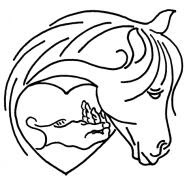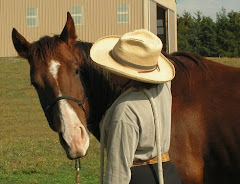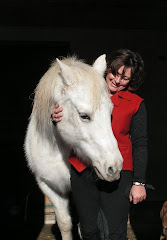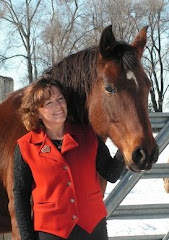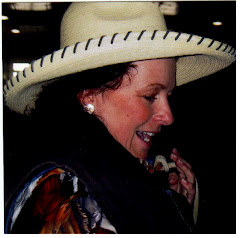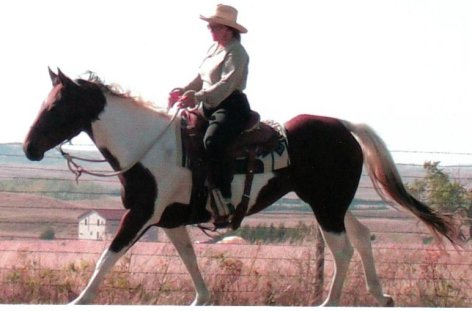
Dear Horse Lovers,
I've been studying the mind for a long time. As a teacher I am very interested in the brain and how it works and how we learn. Over the winter I have been reading a lot of books on this subject.The more I learn the more I realize how important our thought life is. I remember Ray Hunt repeating the words "Think, have a plan." over and over at the clinic when I rode with him. And I recently rode with Buck Braanaman and when one student asked him "How did you do that?" He said, "I thought it." Have you ever thought something and your horse just did it? I know some of my students have experienced this. Thoughts are powerful and they have creative ability. So it is critical that we think about what we think about.
I don't think it is very likely to have a positive life if you have a negative mind. If you struggle with negative thinking, it's important for you to come to grips with the fact that your life won't change until your thinking does. I have learned not to think about every thought that falls into my head. I decide whether it is a profitable thought or not and if it is not I simply throw it out, and I don't allow my mind to dwell upon it. Then I start thinking about things that are true, honorable, just, and honest. I consciously think about things that build myself and others up instead of tearing them down. This includes any horse I am working with.
It may take a little time to develop the discipline of taking your thoughts captive. It may happen little by little just like we develop our horses little by little over time with good habits. Don't criticize yourself when you have setbacks in your thinking patterns, just get back up, dust yourself off and start again.
Sometimes people come to me for lessons or bring their horse to me because they are discouraged about their progress. My job is to equip them with tools in their horsemanship skills and more importantly to encourage them to keep moving forward. Some people are afraid to be positive or hopeful because of past hurts or failures in life. But the pathway to freedom begins when we face the problem without making excuses for it, and then begin to change our thinking about it. You don't have to allow the old things that have happened to you and your horse to keep affecting your relationship and progress forward.
I can't promise the journey will be easy, that you will never be disappointed, or that things will always turn out exactly the way you want them to. But you DO HAVE THE POWER TO THINK AND BE POSITIVE AND MOVE FORWARD if you so choose to replace your fear with hope.
No matter how negative your thoughts are or how long they've been that way, I know you can change. I can promise you that it will be worth it if you make the effort to think about what you're thinking about. This has helped me to succeed in so many ways. But don't forget that the thinking will then have to be followed with positive actions that match those positive thoughts.
If you are struggling in any area of your horsemanship or even in your personal life, our camps will help you transform your thinking and we will encourage you to be the best you can be. Hope to see you this summer at one of our many camps. Please check out our calendar and sign up now.
Happy trails,
Sherry






